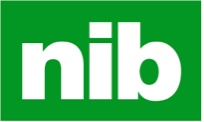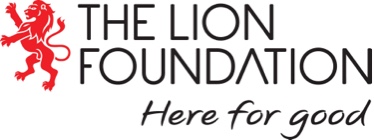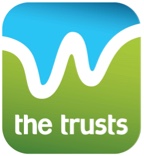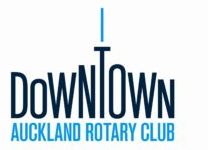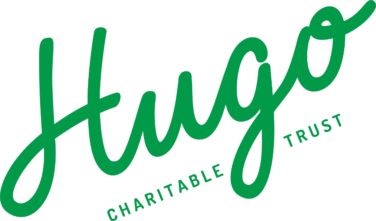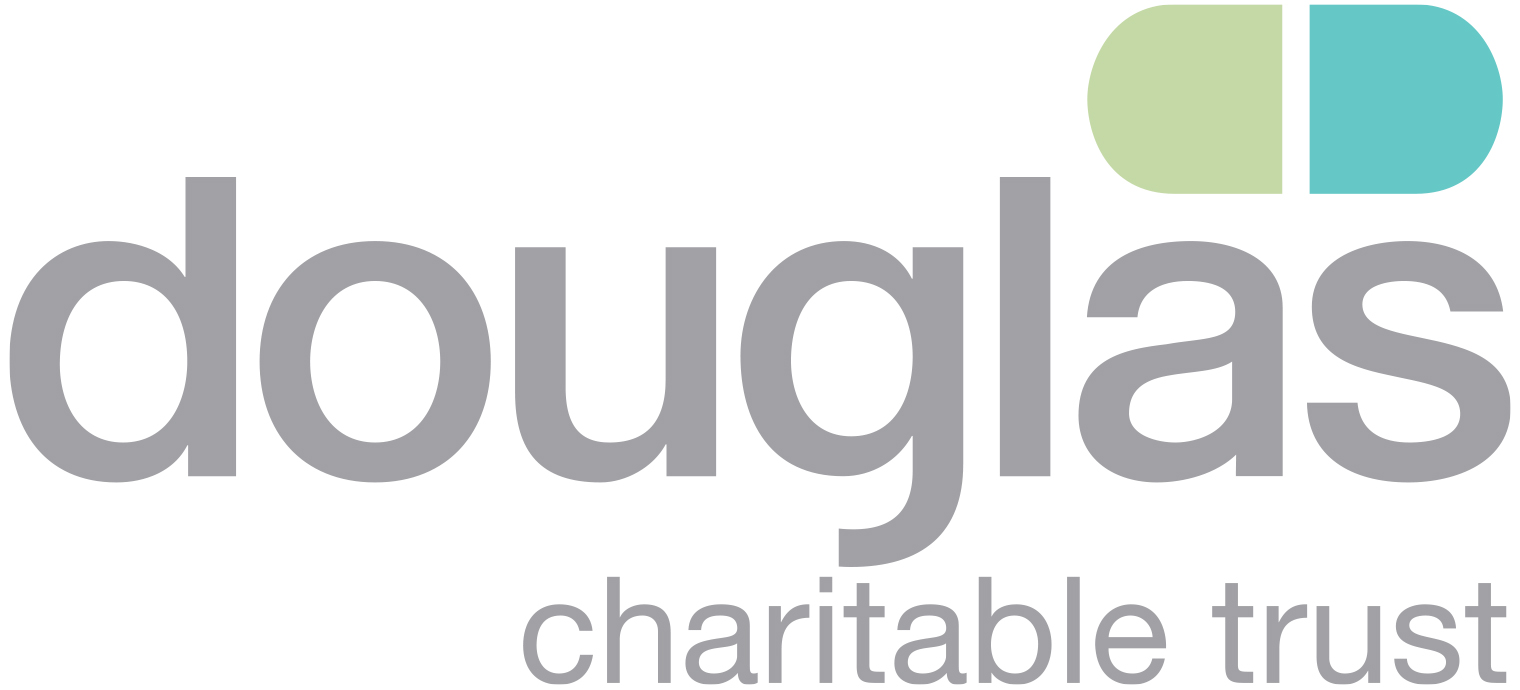KARE Project – Doing WELL for older people
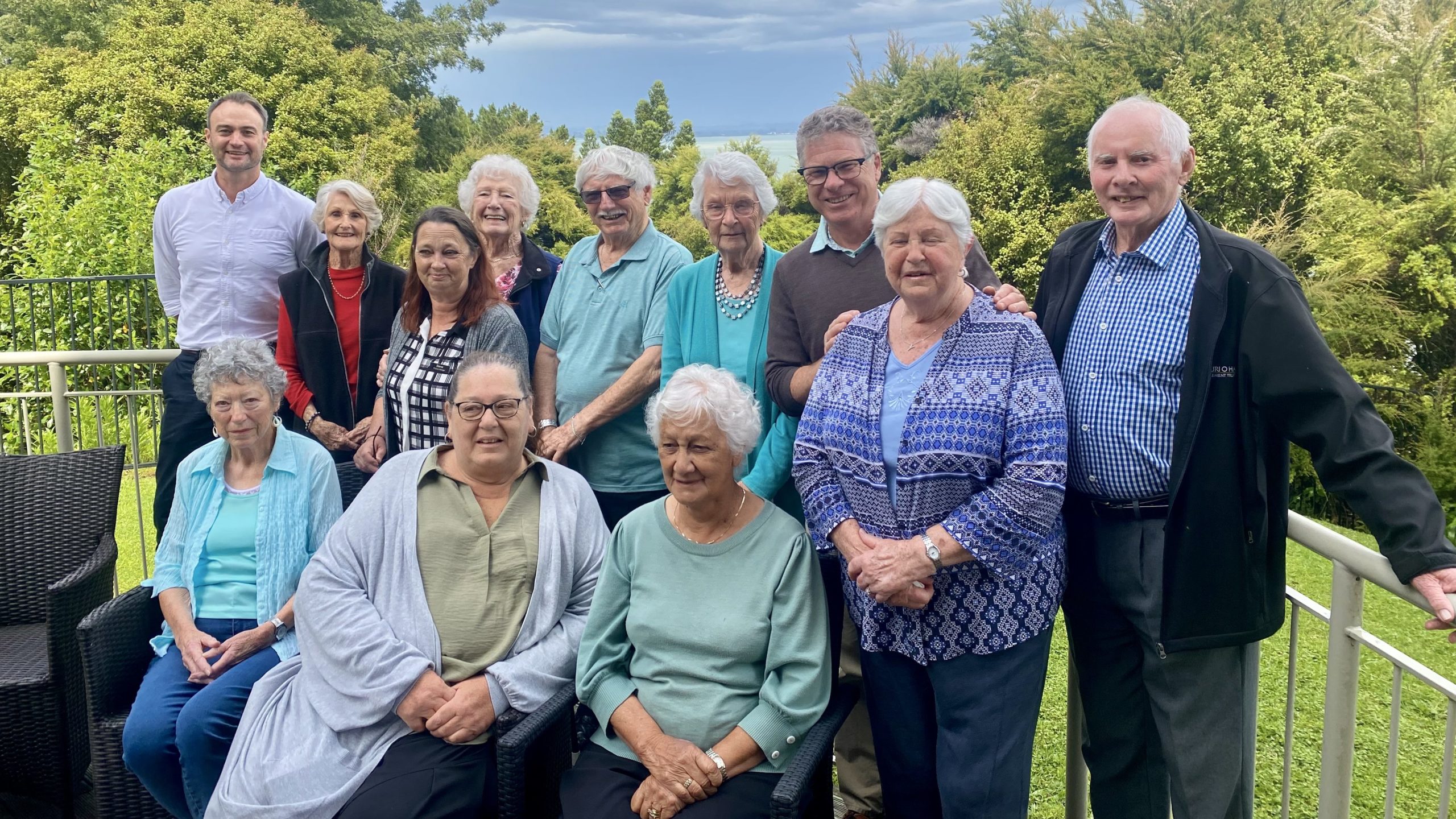

Our current health system is not always well adapted to patients with complexity and frailty. In particular, current care may be reactive and episodic rather than proactive and planned. The health and wellbeing needs of older patients often require a more intensive approach than is possible within a series of traditional 15 minute consultations with their GP. The Kare Project addresses this need by delivering a highly supporting and proactive model of care to those in the community who need it the most.
The initiative was made possible by Well Foundation through the generous support of the Blockhouse Bay Senior Citizens and District Association. This support was then amplified by Te Whatu Ora Health New Zealand committing the additional funds required to benefit at least 200 patients throughout West Auckland over a three-year period.
The Kare Project is currently being rolled out across a selection of primary care organisations, including Health New Lynn (100 patients), Green Bay (80 patients), and The Fono Blockhouse Bay and Henderson (80 patients). All of the practices have identified a GP clinical lead, employed Kare nurse(s) and have started to assess and develop plans for Kare patients. The Kare project delivers workshops to nurses and GPs to help the practices deliver the programme. These workshops include an orientation of the Kare project, how to implement it, and presentations from a range of services on what they offer and how to refer. A clinical pharmacist provides training on how to optimise prescribing of medicines in older adults.
The team at Health New Lynn recently shared examples of the impact the KARE programme is having for patients:
“Mr G’ from Blockhouse Bay was initially reluctant to discuss aspects of the assessment template, near the end of the consult Mr G expressed that his condition left him feeling “like I cannot be a good partner” as ‘Mrs M’ is his primary caregiver and this has put strain on their relationship. We have since been able to support Mrs M as a carer and referred to providers such as home help, physiotherapy and occupational therapy.“
Health New Lynn KARE nurse
“Mrs K’ from Blockhouse bay had reported feelings of increased hopelessness and emptiness in her life since the COVID outbreaks and lockdowns, she explained that she had missed going water walking and going to exercise classes. Since then she has been provided with a green prescription, a new walking frame and is aware of the community classes in her area which have helped improve her connection with the community.”
Health New Lynn KARE nurse
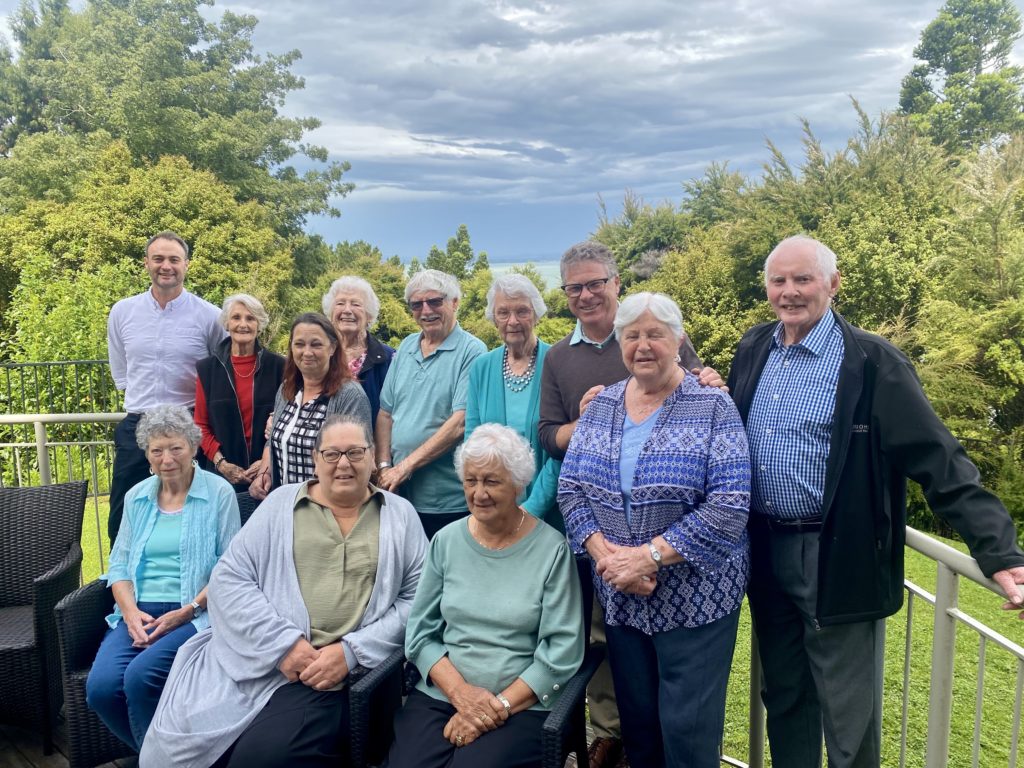
The Kare project has enabled Health New Lynn to holistically assess older adults and ensure that both their social and medical concerns are assessed, as lack of time is commonly a barrier to assessment.
The Fono Blockhouse Bay and Henderson reported very positive results from the KARE programme so far. Doctors are responding quickly with recommendations and the practice is developing better ways to manage patients. The assessment tool for Kare has helped them to identify more pressing concerns for patients that would otherwise go unnoticed but slowly impact overall health. They also found that the programme has been helpful in managing patients’ expectations, their patients feel better with ongoing engagement and regular follow up conversations. The Kare assessment tool has been especially useful in detecting depression for the patients. One of the Nurses has shared this story:
“One of the best outcomes we have had is Mary (pseudonym) and Grace (pseudonym). Mary and Grace are sisters who are both in their 70’s. Grace is the full-time career for Mary who has early onset dementia, decreased mobility and other social complexities. Both Mary and Grace were eligible candidates for Kare.
I had found out during the Kare assessment that Grace had been providing around the clock care for Mary. This included personal cares, nutrition and medication management. As a result, Grace had been neglecting her own health and had multiple injuries due to falls from helping with personal cares. While Grace had regular visits with the GP, she often forgot to relay the ongoing stress and demand of caring for Mary to the GP and often only prioritized collecting medication or visits for Mary. I got straight onto following up with NASC, GP and Vision West. I have managed to coordinate home help with Vision West that now also includes support for Grace which is a great result. Grace’s needs may have gone unnoticed without the time and assessment support of the Kare program.“
Fono KARE nurse
Our impact is only made possible through the following incredibly generous organisations:

